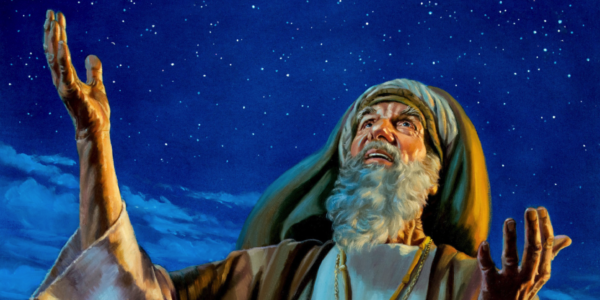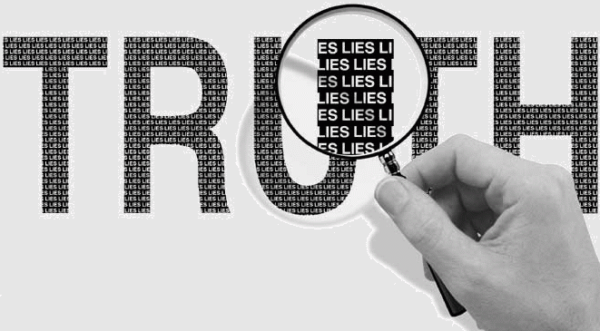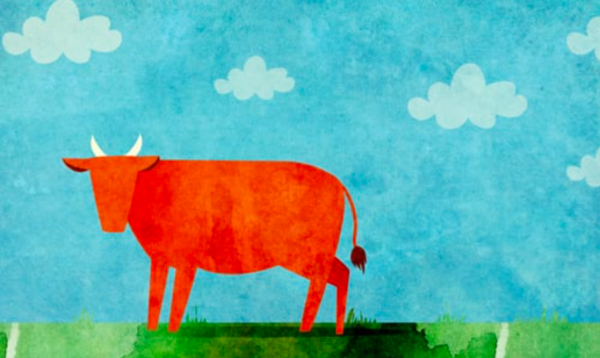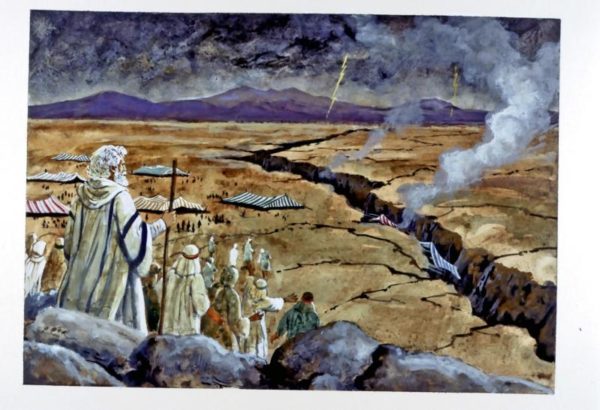Category shabbat
Thoughts on parashat Lech Lecha.
Have faith in humanity! – some people say. Humanity is the cancer of planet earth – say some others. Obviously the people from the second group don’t literally mean that when they say it, it’s just hyperbolic, right? Anyway, without a little faith in humanity
Thoughts on parashat Noach.
The story contained in our Torah portion for this week can be seen as a metaphor of a great catastrophe in which species were decimated or doomed to total extinction… Only a few of them were to survive, a few individuals of each gender, in order to reproduce and prevent the animal life
Thoughts on parashat Nitzavim.
Prayer. Why do we pray? When do we pray? What do we expect from prayer? What’s the meaning or function of prayer today? What are the good things that come from the experience of prayer?
These are all important questions for religious people and have many answers. But before trying to
Thoughts on parashat Shoftim.
You shall appoint magistrates and officials for your tribes, in all the settlements that your God יהוה is giving you, and they shall govern the people with due justice. (Deuteronomy 16:18, the first verse of parashat Shoftim)
There are three classical theories of truth that also define
Thoughts on Parashat Va’etchanan.
What are mitzvot/commandments? The word commandment has many synonyms, such as command, recommendation, indication, regulation, guideline, order, norm, imperative, rule, instruction, directive… Using these synonyms, we can say that commandments are certain directives that
Thoughts on parashat D’varim.
One of the oldest philosophical problems is the dispute over the so-called human nature. The notion of nature within this context is synonymous with the notion of essence (vis-à-vis the concept of
Thoughts on parashat Masei.
Masei (“Travels”), typically read together with the preceding parasha ‘Matot’, is the final Torah portion in the Book of Numbers. It opens with a recollection of the places where the Israelites encamped in the desert; later God commands the Israelites to abide by the laws of the
Thoughts on parashat Pinchas.
How should we deal with evil? Should we fight back, respond with a poker face or should we demonstrate proper behavior and do the evildoer a good deed in hopes that he will become aware of the wickedness of his behavior and will return to the right path? The answers to these questions
Thoughts on parashat Chukat.
“The limits of my language mean the limits of my world,” said Ludwig Wittgenstein, an Austrian-British philosopher of Jewish origin. Very true: it is often the case that we cannot truly understand a phenomenon until we have a linguistic representation.
Thoughts on parashat Korach.
This week’s Torah portion includes one of those not entirely clear stories, which are typically difficult to translate into modern language and modern mentality – the story of Korach and his dissent:
Now Korah, son of Izhar son of Kohath son of Levi,








